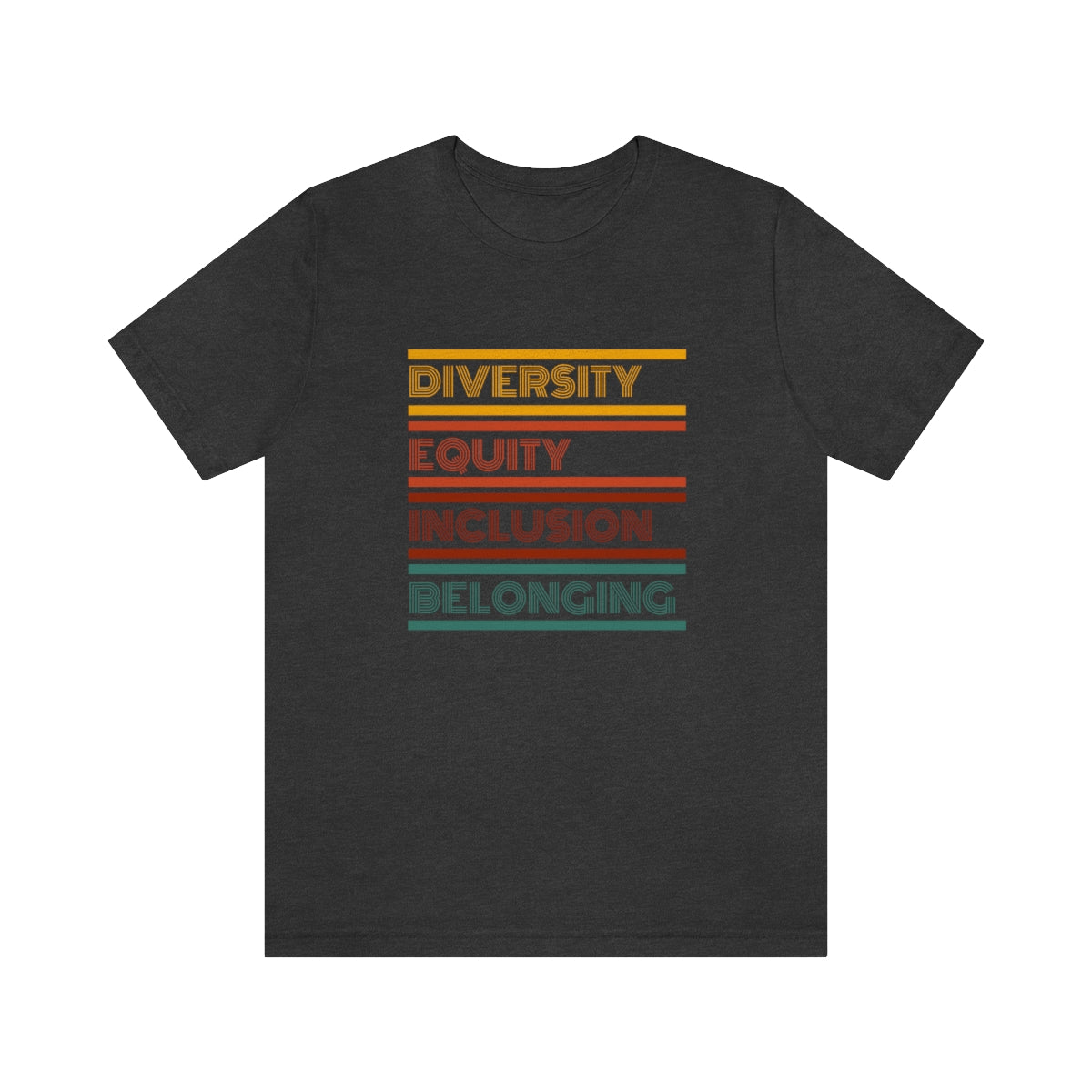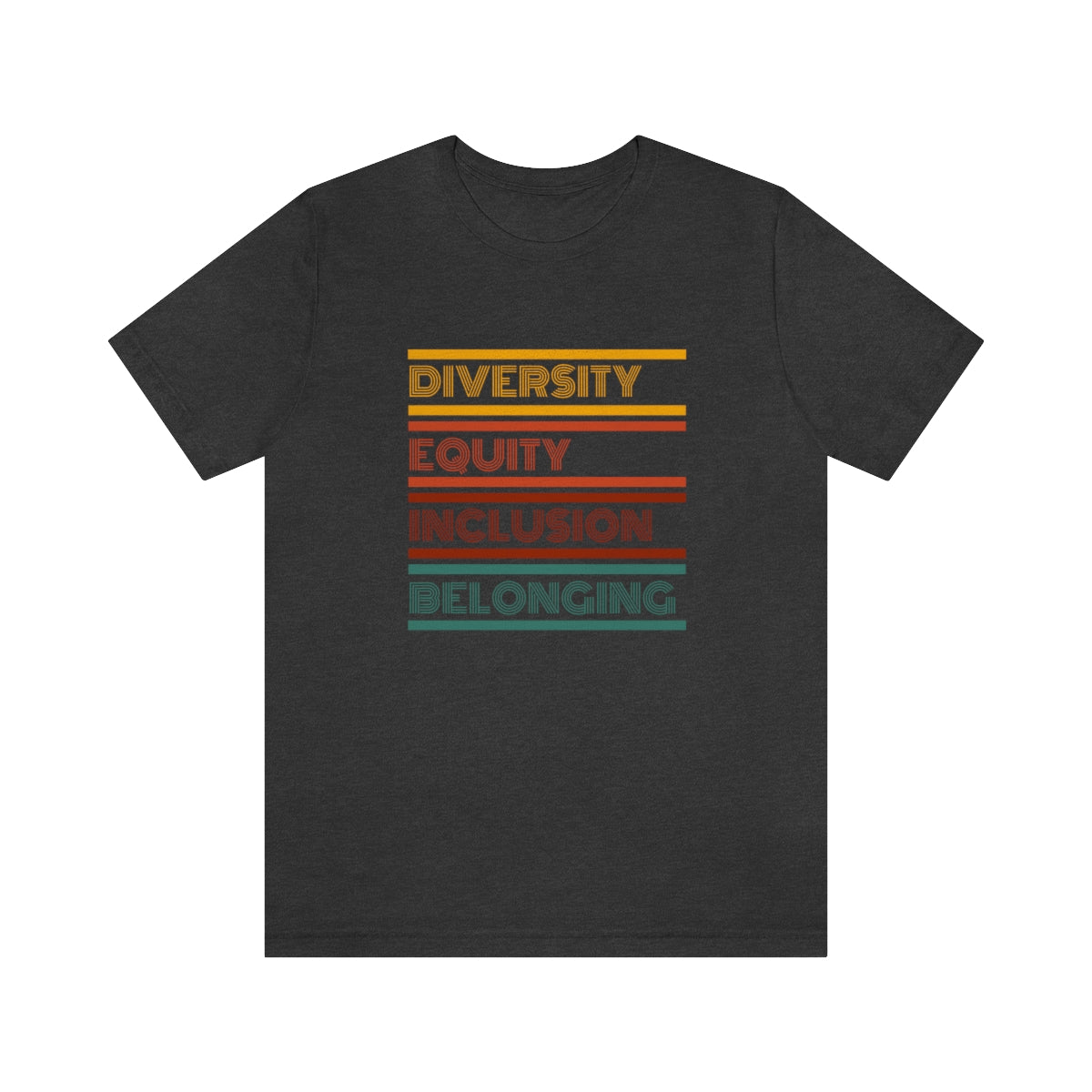Greek mythology, with its captivating tales of gods, heroes, and monsters, has left an indelible mark on human culture and imagination. From its origins in ancient Greece to its far-reaching influence on art, literature, and even modern-day language, the history of Greek mythology is a testament to the enduring power of storytelling. In this blog, we delve into the rich tapestry of Greek myths, exploring their origins, their impact on civilization, and the timeless lessons they continue to impart.
The history of Greek mythology is a testament to the enduring power of storytelling. These ancient tales, brimming with gods, heroes, and monsters, have left an indelible mark on human culture and imagination. From its origins in ancient Greece to its far-reaching influence on art, literature, and even modern-day language, Greek mythology continues to shape the way we view the world and ourselves.
Ancient Beginnings Greek mythology's roots can be traced back over 2,000 years to the civilization of ancient Greece. The Greeks, like many ancient societies, used myths to make sense of the world around them. These stories were their way of explaining natural phenomena, the mysteries of life and death, and the complexities of human behavior.
At the heart of Greek mythology are the twelve Olympian gods, led by Zeus, the king of the gods. Each deity had a distinct personality and domain, from Athena, the goddess of wisdom, to Poseidon, the god of the sea. The myths of these gods were not only entertaining but also served as moral lessons, teaching virtues such as courage, wisdom, and the consequences of hubris.
Art and Literature Greek mythology's impact transcended its cultural origins. It inspired countless works of art and literature, from the epics of Homer, "The Iliad" and "The Odyssey," to the tragedies of playwrights like Aeschylus, Sophocles, and Euripides. These stories explored profound themes of destiny, heroism, and the human condition, leaving an indelible mark on Western literature and theater.
Greek mythology also influenced the visual arts, with countless sculptures, pottery, and frescoes depicting mythological scenes. The Parthenon in Athens, dedicated to the goddess Athena, stands as a magnificent testament to the fusion of mythology and architecture.
Language and Idioms The impact of Greek mythology on language is profound. English, among many other languages, is replete with expressions and idioms drawn from these ancient tales. Phrases like "Pandora's box," "Achilles' heel," and "Herculean task" all have their origins in Greek mythology. These idioms have become an integral part of our daily communication, reinforcing the enduring relevance of these ancient stories.
Universal Themes What makes Greek mythology timeless is its exploration of universal themes and the complexities of human nature. Love, jealousy, heroism, and tragedy are all woven into these myths. We can still relate to the struggles and triumphs of characters like Prometheus, who defied the gods to bring fire to humanity, or Icarus, who flew too close to the sun with wings of wax.
Conclusion The history of Greek mythology is a story of storytelling that has transcended time and place. Its influence on art, literature, language, and our understanding of the human experience is immeasurable. As we continue to revisit these ancient tales, we are reminded that the questions and challenges faced by humanity remain remarkably consistent, and the lessons of Greek mythology continue to resonate in our lives, reminding us of our shared human heritage.
| God/Goddess | Lineage | Origin Story | Powers/Abilities |
| Zeus | Son of Cronus and Rhea | Overthrew Cronus, ruler of the Titans | King of the gods, controls lightning, thunder, and the sky, ruler of Mount Olympus |
| Hera | Daughter of Cronus and Rhea | Sister and wife of Zeus | Goddess of marriage, childbirth, and family |
| Poseidon | Son of Cronus and Rhea | Overthrown Cronus with Zeus | God of the sea, earthquakes, and horses |
| Hades | Son of Cronus and Rhea | Rules the Underworld | God of the Underworld, keeper of the dead |
| Demeter | Daughter of Cronus and Rhea | Associated with agriculture and fertility | Goddess of agriculture and the harvest |
| Athena | Born from Zeus's head | No mother, sprang fully grown from Zeus's forehead | Goddess of wisdom, warfare, and crafts |
| Apollo | Son of Zeus and Leto | Twin brother of Artemis, born on Delos | God of music, poetry, healing, and the sun |
| Artemis | Daughter of Zeus and Leto | Twin sister of Apollo, associated with the wilderness | Goddess of hunting, wilderness, and childbirth |
| Ares | Son of Zeus and Hera | Hated by both parents | God of war and bloodshed |
| Aphrodite | Various origins | Born from sea foam or daughter of Zeus | Goddess of love, beauty, and desire |
| Hermes | Son of Zeus and Maia | Messenger of the gods, a trickster | Messenger of the gods, god of travel, and thieves |
| Dionysus | Son of Zeus and Semele | Born from Semele's ashes | God of wine, ecstasy, and revelry |
| Hephaestus | Son of Hera (without a father) | Hera bore him after an argument with Zeus | God of blacksmiths, metalwork, and craftsmanship |
| Hestia | Daughter of Cronus and Rhea | Eldest of the Olympian siblings | Goddess of the hearth and home |
| Persephone | Daughter of Zeus and Demeter | Kidnapped by Hades and became Queen of the Underworld | Goddess of spring growth and the Underworld |
| Eros | Son of Aphrodite | God of love and desire | Personification of love and attraction |
| Pan | Various origins | God of the wild, shepherds, and nature | God of the wilderness, often depicted with goat legs |
| Nike | Daughter of Pallas and Styx | Personification of victory | Goddess of victory |
| Tyche | Daughter of Oceanus and Tethys | Goddess of luck and fortune | Goddess of chance and prosperity |
| Nemesis | Daughter of Nyx (Night) | Goddess of retribution and vengeance | Enforcer of divine justice |
| Hecate | Various origins | Goddess of magic, witchcraft, and crossroads | Goddess of the night, magic, and the moon |
| The Muses | Daughters of Zeus and Mnemosyne | Inspire arts and sciences | Nine goddesses of inspiration in various fields |
| The Graces | Daughters of Zeus and Eurynome | Symbolize beauty, charm, and creativity | Three goddesses of charm, beauty, and creativity |
| The Fates | Daughters of Nyx (Night) | Control human destiny | Three sisters who spin, measure, and cut the thread of life |
| Ananke | Primordial deity | Represents necessity and inevitability | Personification of fate and necessity |
| Eileithyia | Daughter of Zeus and Hera | Goddess of childbirth | Goddess of childbirth and labor |
| Panacea | Daughter of Asclepius | Goddess of universal remedy | Goddess of healing and universal remedy |
| Asclepius | Son of Apollo and Coronis | God of medicine and healing | God of medicine and healing |
| Iris | Daughter of Thaumas and Electra | Goddess of the rainbow | Messenger of the gods and personification of the rainbow |
| Hygieia | Daughter of Asclepius | Goddess of good health and hygiene | Goddess of good health, cleanliness, and sanitation |
| Charon | Son of Erebus and Nyx | Ferryman of the Underworld | Ferries the souls of the dead across the river Styx |









